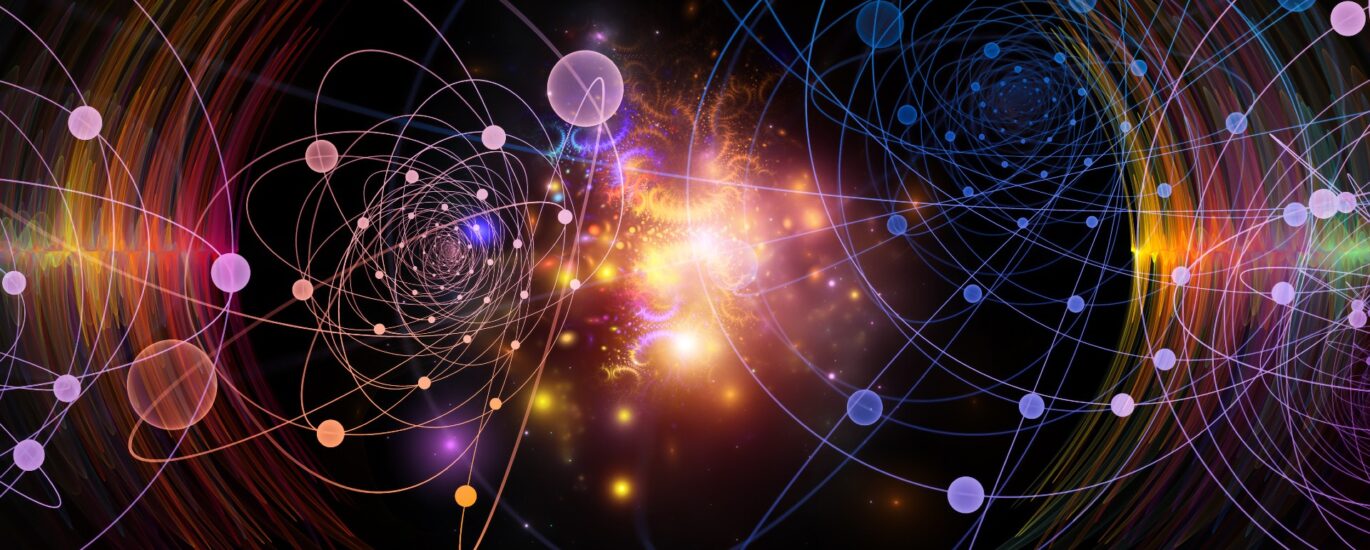



Quantum information theory and law are related in various ways, but one important connection is the concept of quantum cryptography. Quantum cryptography is the use of quantum mechanical principles to perform secure communication between two parties, and it has important implications for the field of law. For example, it can be used to ensure the confidentiality and integrity of communications between lawyers and their clients, as well as to secure electronic transactions and maintain the privacy of personal data.
Additionally, quantum information theory has also been used to address legal questions related to intellectual property and patent law. Quantum cryptography is an example of a technology that relies on fundamental physical principles and is difficult to reverse-engineer, which raises questions about how to apply traditional legal concepts to such technologies. Furthermore, the development of quantum computers has the potential to greatly impact fields such as cryptography, which will require new legal frameworks to address the potential security implications. Thus, the intersection of quantum information theory and law is an area of ongoing research and development.
Quantum information theory has the potential to significantly affect legal systems in various ways. Here are a few examples:
Quantum cryptography: Quantum cryptography can provide a new level of security for legal communication and transactions. It offers the potential to guarantee the confidentiality and integrity of legal documents, contracts, and other sensitive information. As a result, it could have a significant impact on how legal systems handle issues of privacy and security.
Intellectual property: Quantum information theory is also relevant to the field of intellectual property. For example, quantum computing has the potential to break traditional cryptographic algorithms, which may raise questions about the patentability of new quantum-resistant algorithms. Additionally, quantum information theory has implications for the development and protection of quantum technologies, which may require new legal frameworks to address issues of ownership and licensing.
Quantum evidence: Quantum information theory may also have implications for the admissibility of evidence in legal cases. For example, quantum mechanics can be used to generate random numbers, which can be used to create unforgeable digital signatures. However, the use of such evidence may require new legal standards and rules of evidence.
Overall, the impact of quantum information theory on legal systems will depend on the development and adoption of new technologies, as well as the creation of new legal frameworks to address emerging issues.